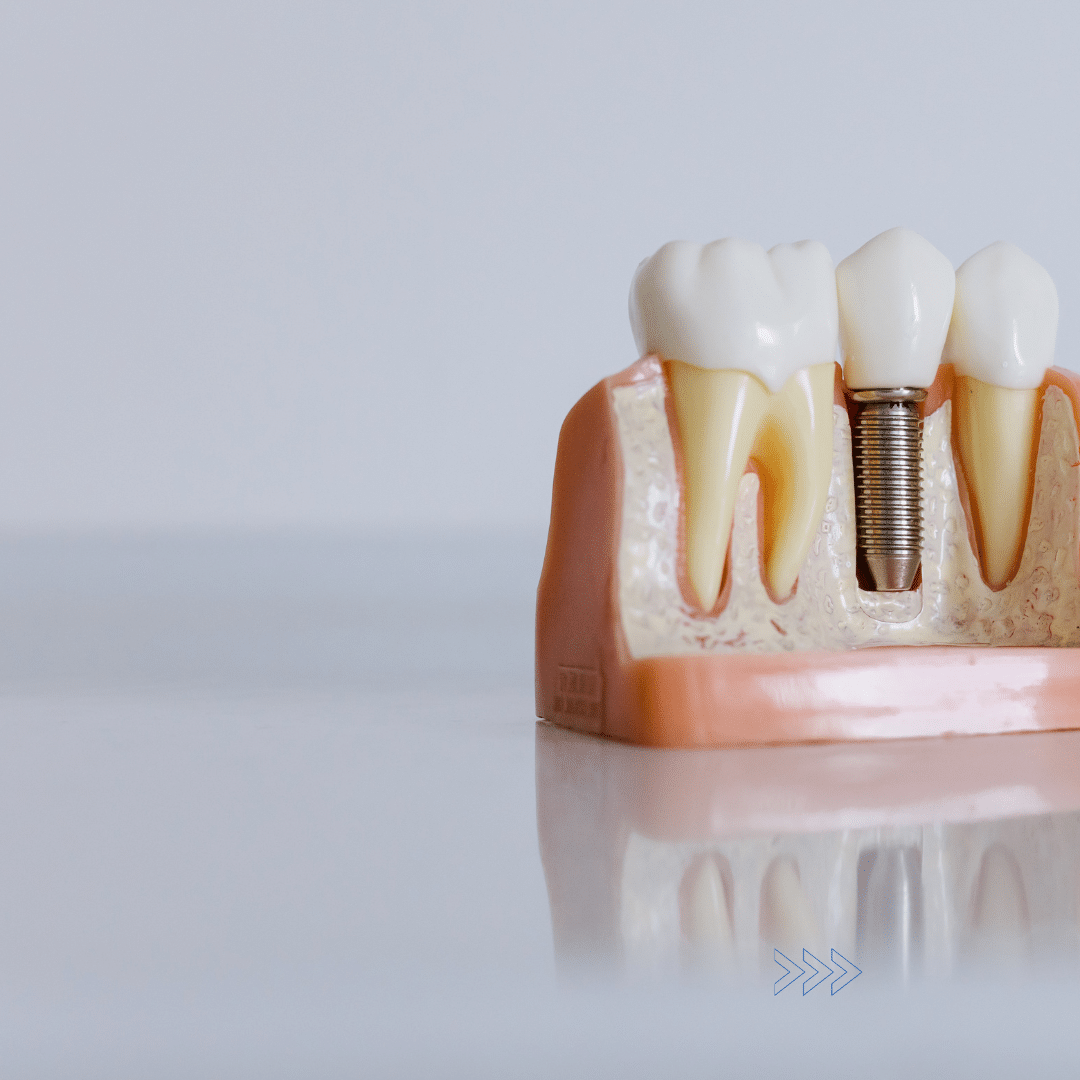
Regarding replacing missing teeth, two popular options are dental implants and dentures. Each has its own set of advantages and considerations. Let’s explore the key differences to help you make an informed decision:
1. Stability and Functionality:
Dental implants are known for their stability and functionality. They are surgically placed in the jawbone, acting as artificial tooth roots. This provides a strong foundation for individual replacement teeth. Implants allow for natural biting and chewing, similar to real teeth. Conversely, dentures rest on the gums and rely on adhesive or suction to stay in place. While modern dentures have improved, they may offer a different level of stability than implants.
2. Longevity and Durability:
Implants are designed to be a long-term solution. Proper care and maintenance can last for decades or even a lifetime. Dentures, however, may need adjustments or replacement over time as the jawbone changes and wears down. Although dentures can last several years, they typically require more frequent maintenance and eventual replacement.
3. Aesthetics and Comfort:
Implants provide a natural-looking and seamless smile. They are customized to match the color, shape, and size of your existing teeth. Implants also feel more comfortable and secure in the mouth as they become a permanent part of your oral structure. Dentures can also be customized to look natural, but some people may find them less comfortable due to their removable nature.
4. Bone Health:
One significant advantage of dental implants is their ability to stimulate bone growth in the jaw. This helps prevent bone loss and preserves facial structure. Dentures, however, do not have the same effect on the jawbone. Over time, bone resorption can occur, resulting in changes to facial appearance and potential difficulties with denture fit.
5. Cost Considerations:
Implants are typically more expensive upfront than dentures. The placement procedure and the materials used contribute to the higher cost. However, when evaluating long-term costs, implants may be more cost-effective due to their longevity and minimal need for replacements or repairs. Dentures are generally more affordable initially, but ongoing maintenance and potential replacements should be factored into the overall cost.
Ultimately:
Choosing between implants and dentures depends on your needs, budget, and oral health. I think consulting with your dentist is crucial to assess your situation and determine your best option. They can evaluate your oral health, discuss the pros and cons of each treatment, and help you make an informed decision to restore your smile and confidence.
